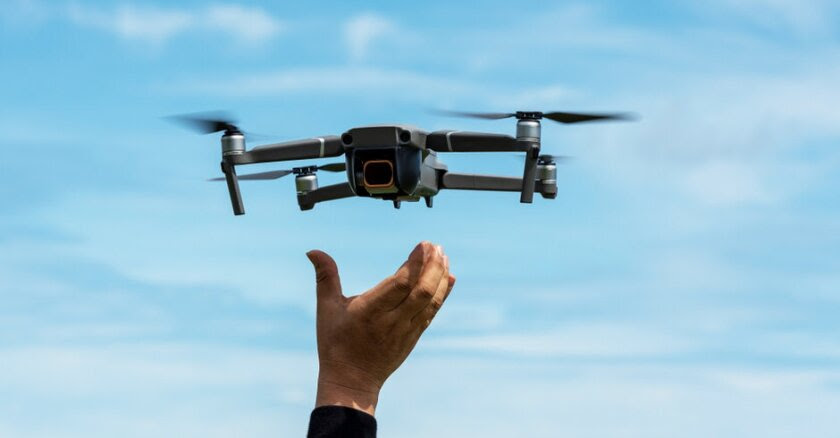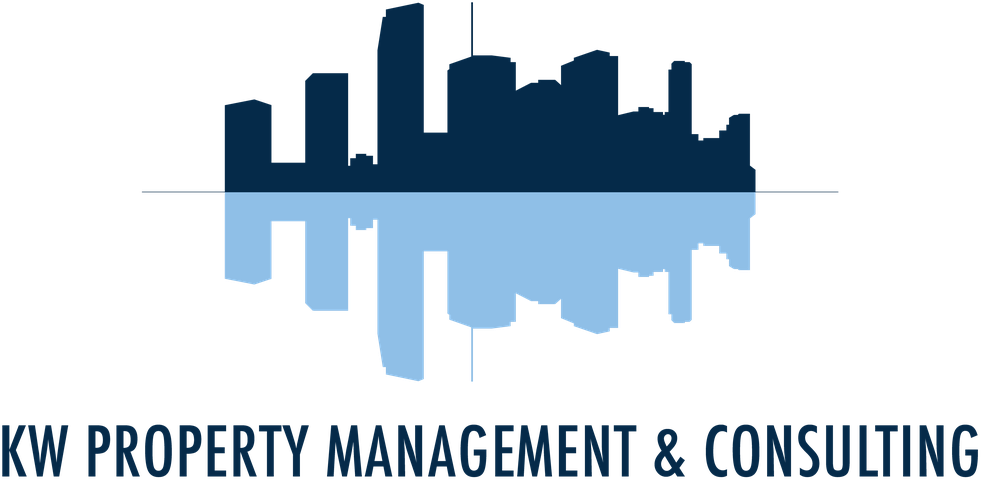
Every year, more people use drones for both commercial and recreational purposes. Although there are many advantages to using drones, many community association residents have become concerned about the possibility of drone-related disputes. Community Association boards can be proactive in adopting regulations for private use of drones and also association-use in order to ease residents’ concerns.
Private Use of Drones
Today, almost anyone – young or senior – can operate a drone with little to no experience. As a result of increasing popularity of private usage of these devices, many HOAs and Condo Associations taken steps to control drone use by owners in their community.
First, Association Boards need to familiarize themselves with existing Federal and Florida State laws that apply to all drone usage. Some of these legal limits call for the drone operator to be licensed, they forbid drones from flying in airspace that is within a specific radius of airports and helipads, and they forbid operators from flying drones that are heavier than a particular amount or at speeds more than 100 mph. Federal aviation statutes carry civil penalties that can reach $27,500 per infraction.
In addition to this, drones may be subject to the same privacy and trespassing laws at lower altitudes as a person entering a neighbor’s property. This is particularly true if the drone has a camera attached to it. By being knowledgeable of the applicable federal regulations, state legislation, local codes, and HOA/COA bylaws and covenants, recreational drone pilots who fly from communities subject to association regulation can considerably decrease their liability.
Community Association Use of Drones
In recent years, Associations have been using drones as part of their inspection and enforcement procedures to enforce violations – whether surveying the exterior of a single-family home or the balconies of a high-rise condominium. Florida law does not specifically forbid the use of drones for association inspections, and state and county courts typically offer protection to associations enforcing recorded covenants and bylaws.
However, there are several circumstances where an owner’s or resident’s right to privacy may take precedence over an association’s right to inspect.
If the right to privacy of a resident or owner is invoked, it can be covered by language in Chapter 934.50 of the Florida Statutes. In accordance with this law, no person, group, or organization may use a drone equipped with an imaging device to record an image of privately owned real property or of its owner, tenant, occupant, invitee, or licensee with the intention of conducting surveillance on the subject or subject’s property in violation of the subject’s reasonable expectation of privacy without the subject’s written consent.
An association should take the same proactive steps before a fly-by inspection as an association is required to take for any in-person inspection in order to prevent any legal issues. Future issues can be proactively avoided by obtaining broad written consent for drone inspections, including notice protocols in the associations governing documents, where language can outline the scope of drone inspections.
The Federal Aviation Administration (FAA) is likely to view the use of drones for association inspections as being of a commercial character, which is another issue that associations need to be aware of. This means that anyone operating a drone for an inspection would have to pass an exam proctored by the FAA, get a clean criminal record check, and hold a commercial drone operator license. This means that even a board member who enjoys flying drones cannot operate a drone for official association business without a license.
The danger and effects of negligence claims can be mitigated once an association has taken steps to ensure that trespassing, privacy, and licensing issues have been addressed.
The other issue that an association needs to be aware of are potential legal ramifications for negligence if a drone operated by the association crashes into or falls onto the property of an owner or visitor. By thoroughly screening drone operators before a device takes flight and mitigating the financial impact of such risks by acquiring liability insurance tailored specifically for drones, associations can help prevent such an incident or at least prepare financially for one.
Full disclosure is always the best policy. To ensure that all drone activities are legal and seen as being performed in good faith, associations should address the use of drones in board meetings, collaborate with legal counsel to develop drone-specific language in the association’s governing documents, and follow the word and spirit of all laws and regulations.
Third Party Use of Drones
Associations also have the option to hire authorized third-party commercial drone operators to check or patrol common areas. Similarly, drone operators can be hired by property owners and residents to capture aerial footage of events taking place there (eg: a wedding reception). And, not too far off in the distant future, companies like Amazon.com will be using drones for package delivery. Associations need to start to think about the eventuality of this, too.
Any drones being operated by a third party in a community association neighborhood should have the necessary permits and insurance. The association should be listed as an additional insured party on the certificate of insurance by the third party, which will provide the association with additional protection.
